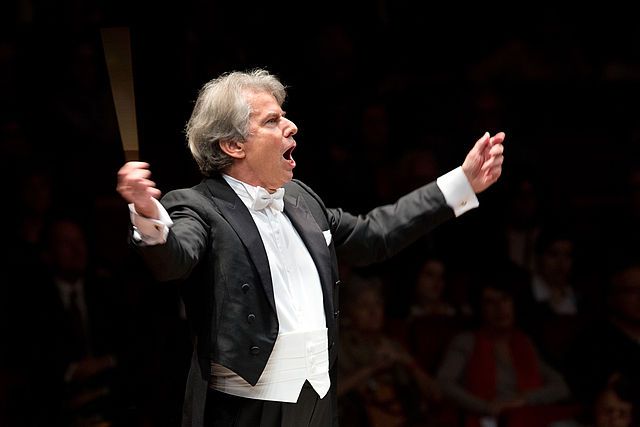The musicians at Det Kongelige Kapel, which is internationally known and acclaimed as the Royal Danish Orchestra, are concerned that proposed reductions to their ranks will do irreparable damage to the group’s performances and reputation.
The culture minister, Bertel Haarder, recently announced that the Royal Danish Theatre, the nation’s largest and most prominent, will have to slash 35 million kroner from its budget for 2016-19.
The move is part of the government’s plans to cut about 600 million kroner from the nation’s theatres, museums, art schools and other state-owned culture institutions.
As it stands, the Royal Danish Orchestra will see 14 musicians laid off outright and seven positions frozen.
First violinist Linda Aburto Hernandez claims that getting rid of musicians from the esteemed orchestra – the world’s oldest – is exactly the wrong thing to do.
“The theatre’s directors have decided to cut 7 million kroner from the orchestra’s budget,” Hernandez told the Copenhagen Post.
“Firing people is a very bad decision. We already have five players in the violin section on short-term contracts because permanent positions have not been available. I cannot understand why they want to close more permanent positions.”
Reputation on the line
Hernandez said that the Royal Danish Orchestra is recognised worldwide for its warm and exceptional string section, and that visiting conductors are excited about working with them. She is afraid the cuts will damage the group’s international reputation, and some renowned conductors agreed with that assessment.
“A reduction in the number of musicians will reduce the orchestra’s repertoire,” Maestro Mikhail Jurowski told Politiken. Jurowski is the chief conductor of the German Radio Symphony Orchestra in Cologne. He said that fewer tenured musicians will force the Royal Danish Orchestra to use temporary players, which would diminish the sound of an orchestra that he calls “one of the best in the world”.
Hernandez contends that the great conductors will have no desire to work with an orchestra using so many musicians that are not permanent members, saying that it takes years of playing together for a group of musicians to really gel.
Tone-deaf leadership
Hernandez said that the orchestra has offered several suggestions to the theatre’s leadership regarding how they can be a more vital part of the program at the theatre: more performances, especially of musical programs that would appeal to a broader public; less emphasis on opera and ballet; and more outreach in general.
“Instead, they seem to work against us,” she said. “We have to fight for an equal presence on the webpage. They schedule fewer performances – closing for almost three months in the summer. The promotion is poor and they choose some unpopular operas.”
German conductor Hartmut Haenchen said that trimming the orchestra now would start a vicious circle that would lead to more cuts.
Not the right time
French maestro Bertrand de Billy said that now, in the light of terrorist attacks in Paris and other places, is not the time to be cutting budgets for art and culture in Europe.
“The most valuable thing Europe has is its cultural diversity, and the Royal Orchestra is one of the greatest treasures that Denmark has to offer in this area.”
















